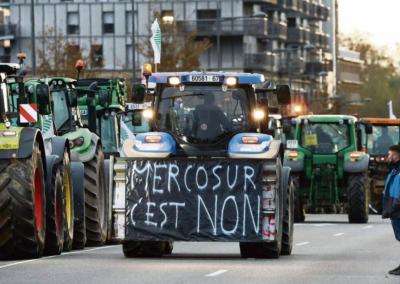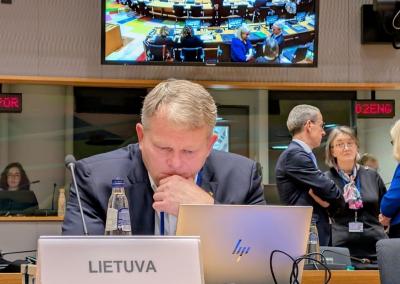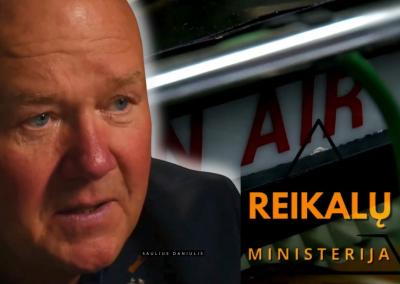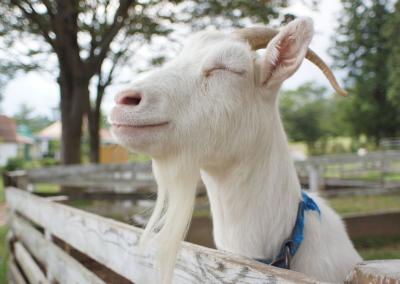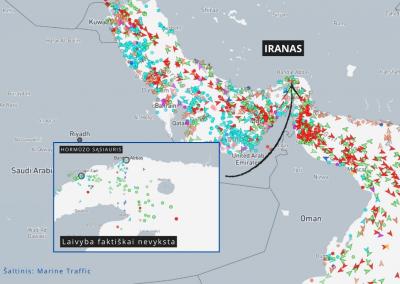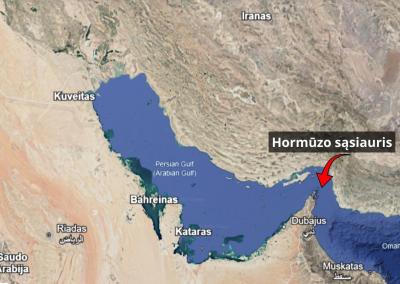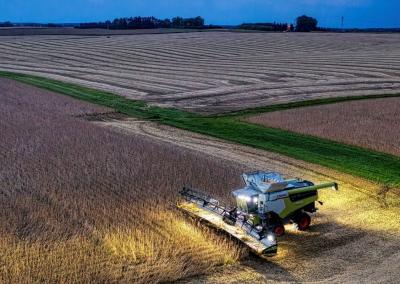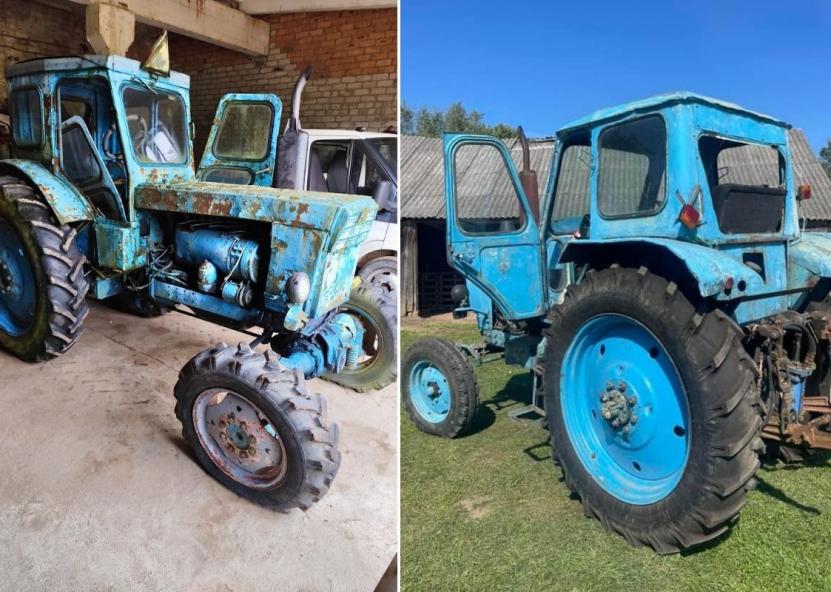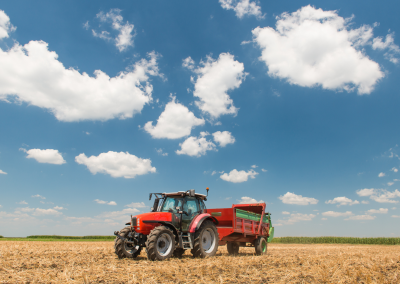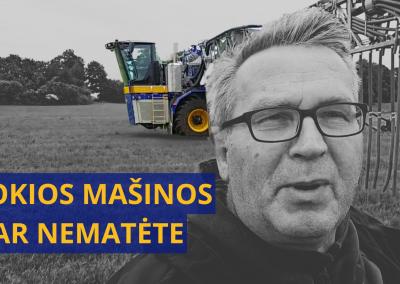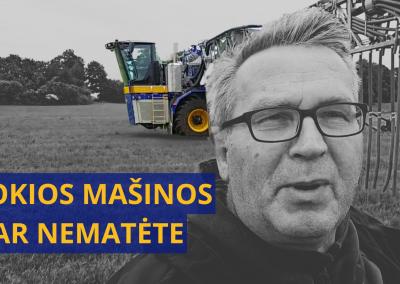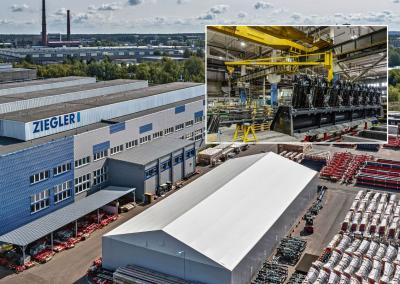How can Lithuania get rid of old Belarus tractors?
In Lithuania, there are still a lot of farmers, especially small and medium-sized farmers, who have old „Belarus" tractors. Why? Many people know these machines from the old days, and the price is more affordable. So for many it's just easier," says Mindaugas Puidokas, Vice-Chairman of the Lithuanian Farmers' Union (LŪS). However, in order to strengthen small and medium-sized farms and make them more competitive, the renewal of the machinery fleet is essential. So how can Lithuania get rid of its old "Belarus" tractors?
A rooted problem
„There are indeed many farmers who use „Belarus“ and they are satisfied. Why? Well, because of the ease of repair. That is to say, many farmers with a Belarus are able to repair it themselves when it breaks down. The failure rate of „Belarus“ is higher than that of western tractors. But many of them go to the Rietavas market on Sunday, buy the necessary parts and repair it on their return," says Darius Viliušis, vice-chairman of the Lithuanian Young Farmers and Youth Union (LYYUJS).
„Now imagine that a small farmer has a western tractor and it breaks down. Often, modern machinery requires computer diagnostics, which is not available in the average village. We have to look for a service centre, for technicians with the expertise to come, fix it and finally issue a bill of EUR 500 or even EUR 1 000. For a farmer who has maybe 10 cows and a milk purchase price of 30 cents, this is like a punch in the nose," he continues.
According to D. Viliušis, the „Belarus“ tractor often becomes an attractive alternative because of the maintenance and repair costs.
Targeted support – (no) solution?
In East Germany, 20-25 years ago, there was a programme whereby a farmer who disposed of a "Belarus" tractor could receive support to buy a new machine. Could such a programme not be extended to Lithuania?
„The idea is understandable and valuable – renewal on the farm is important for both efficiency and environmental protection. There is currently no such specific programme in Lithuania, but farmers can already benefit from support for the purchase of agricultural machinery. This support is provided under the Lithuanian Strategic Plan for Agriculture and Rural Development 2023–2027. It is also important to mention that the Ministry of Environment has earmarked separate funding for non-polluting agricultural machinery focused on environmental objectives“, – the Ministry of Agriculture (MAA) replies to the question.
„On the one hand, when it comes to modernisation, everything looks nice and simple, but it is far from it“, says Paulius Andriejavas, chairman of the board of the Lithuanian Vegetable Growers' Association (LDAA).„Farmers have heard all sorts of stories and are simply afraid to make commitments, especially in open-field vegetable production, where much depends on the climate. Rains, frosts, droughts – many extreme conditions can damage yields and make it difficult to meet commitments. Failure to meet the commitments leads to penalties – the support is withdrawn and the farmer has to pay out of his own money or borrow again “, – the reasons why not all farmers decide to apply for support, says Mr Andriejavas.
Curbing the greed of sellers
„There is a small farmers' programme, which provides €15,000. Let's say this money is for the purchase of a tractor. It is a common game on the market that the price of EUR 15 000 worth of agricultural machinery is suddenly increased to some EUR 25 000 as a result of the subsidies. First of all, we should fight against such self-dealing, and only then we should think about how to help the farmer", – the Vice-Chairman of the LSUJS identifies one more reason why the EU and state subsidies do not always bring effective results.
„In other words, sellers and resellers use the support to make a profit and to extract more from farmers. They are the winners, not the farmers. That is the cornerstone. But how to fight it – I don't know“, – states D. Viliušis.
But at the same time, he adds that the idea of targeted support for the disposal of old „Belarus“ machinery is not a bad one.
„Let's say a person actually gives away a „Belarus“ for disposal and receives a sum of money for which he can buy any western tractor of a certain pollution level. That would be great. It would be a really good incentive and I think many people would take advantage of it," said the Vice-Chairman of the LSUU.
D. Andriejavas echoes D. Viliušis. They argue that farmers need to be given more freedom in the granting of support – simpler rules would bring more clarity.















